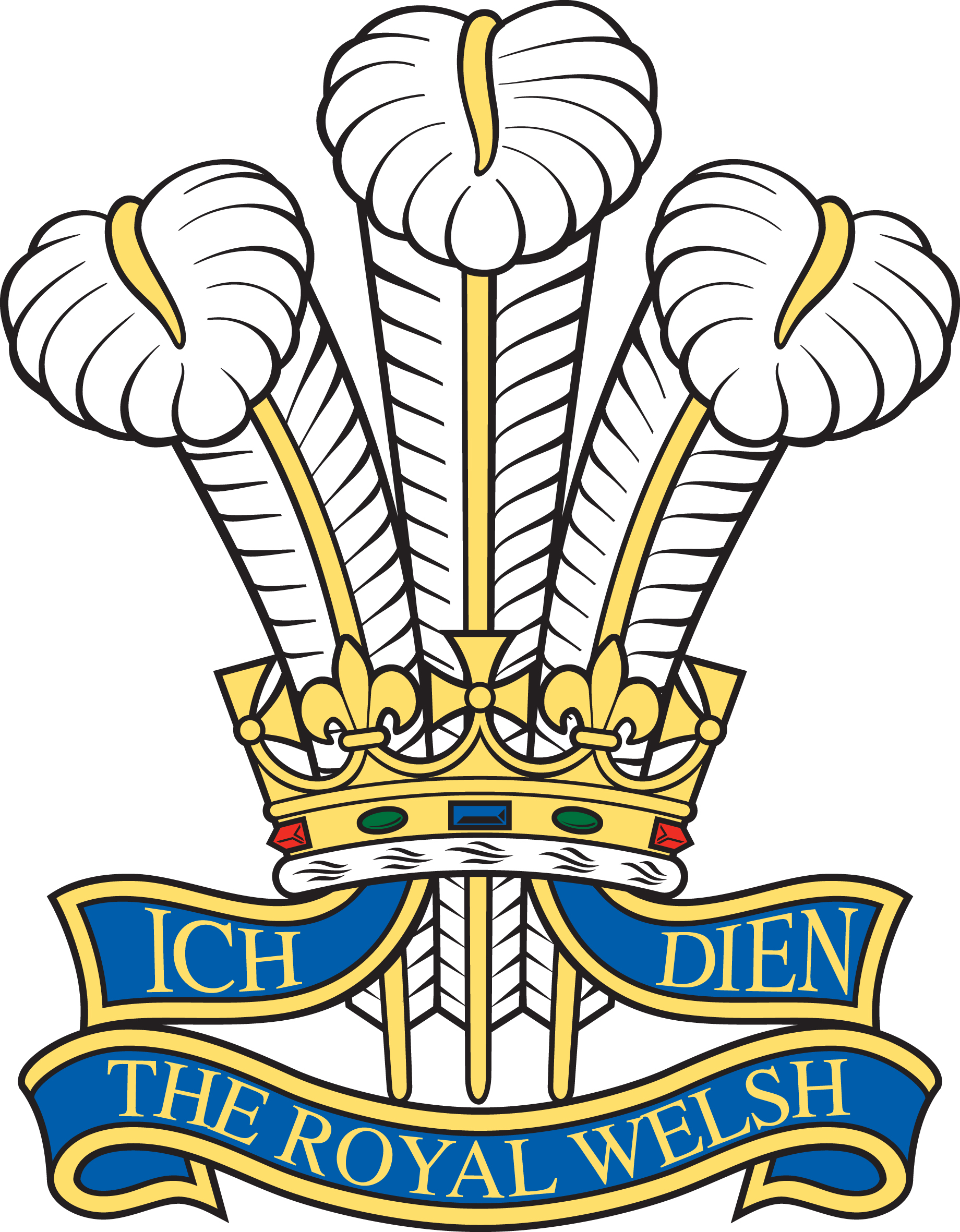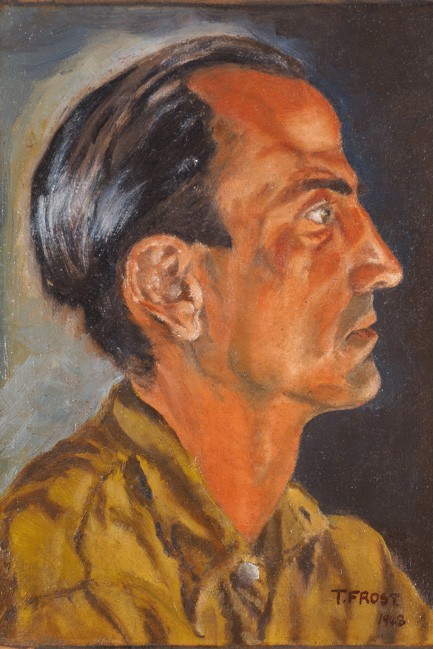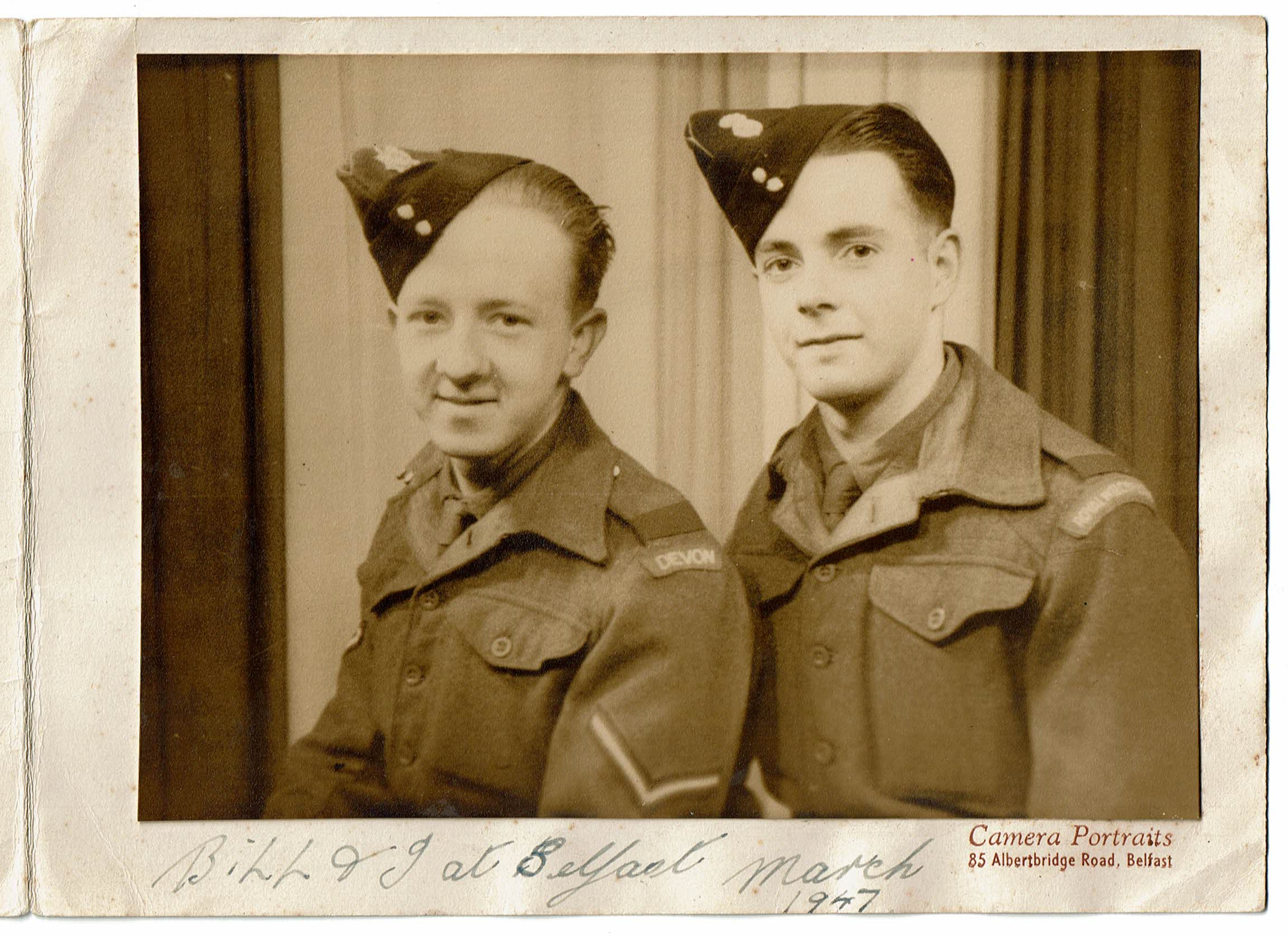The landscape paintings made by Terry Frost are unlike any other representation of nature. A…

Fathers’ Day: Fathers and Sons’ Medals
There is an age-old tradition of military service being passed down through families. Throughout history, many sons have chosen to follow in their fathers’ footsteps and serve their country.
To commemorate Fathers’ Day we thought we would take a look at some of our fathers and sons….
The Melvill Family
Lieutenant Teignmouth Melvill, who was posthumously awarded the Vicotria Cross after saving the Queen’s Colour at Isandlwana in 1879, also came from a long line of Army Officers. His grandfather, Captain Philip Melvill served with the British Bengal Army in India, as did his father, also Philip Melvill, who later became Military Secretary to the East India Company.
Lieutenant Melvill VC’s son, Lieutenant Colonel Teign Melvill DSO, also sought a career in the army. He was just two years old when his father died, but joined his father’s old battalion, the 1st Battalion, the South Wales Borderers, at Gibraltar in 1896. He started the famous regimental polo team which later won the All-India Infantry Polo Cup and went on to win an Olympic Gold medal for Polo in 1920. His love of riding saw him transfer to the 17th Lancers, with whom he served during the First World War.
The Yates Family
Lieutenant Colonel Hubert Peel Yates DSO also commissioned into the South Wales Borderers in 1896. He served with the 4th battalion at Gallipoli, then took command of the 6th battalion, the Kings Own Royal Lancashire Regiment in the trenches in France. For his service during World War One he was awarded the Distinguished Service Order and the Russian Order of St Anne and was mentioned in despatches twice. In 1923 he returned to the South Wales Borderers, taking command of the 2nd Battalion in India. He retired in 1925.
His son, Lieutenant General Sir David Peel Yates KCB CVO DSO OBE DL was born into the South Wales Borderers in 1911, while his father was serving with the 1st Battalion and his uncle with the 2nd. After attending the Royal Military Academy, Sandhurst, he was posted to the 1st Battalion, the South Wales Borderers in Hong Kong and took part in the Waziristan campaign in India in 1937.
During the Second World War he was appointed commanding officer of the 6th battalion, Lincolnshire Regiment. He was awarded the Distinguished Service Order and Bar, appointed to the American legion of Merit and was made an officer of the Order of the British Empire. He returned to the South Wales Borderers in 1953 when he took command of the 1st Battalion, leading them through a successful campaign in Malaya. In 1962 he was appointed the 31st Colonel of the 24th Regiment and on amalgamation, became the first Colonel of the Royal Regiment of Wales. He retired in 1977 and died suddenly a year later.
The Brooke Family
The Brooke family have an impressive collection of medals amongst them. This father and two sons group includes two Orders of the Bath and three Distinguished Service Orders, one with two bars!
Lieutenant Colonel George Frank Brooke fought in South Africa in 1899 with the 1st Battalion, The Welch Regiment. He was badly wounded (in seven places!) at the Tugela River and was sent home to recover. He then served with the Connaught Rangers in India before retiring in 1907. However, on the outbreak of the First World War he re-joined his old regiment and was put in command of 6th Battalion. During the War he also commanded the 10th Battalion and the 14th at the Somme and Passchendale. Lt Colonel Brooke was awarded the DSO in 1917 for “conspicuous gallantry and good leadership…commanding his battalion with great skill and technical ability…” He was awarded his first bar to the DSO later in 1917 and a second bar in 1918.
His elder son, Major-General Frank Hastings Brooke, followed in his father’s footsteps and joined the army. He fought in the Second World War and was awarded a Distinguished Services Order in 1944. He became the last Colonel of the Welch Regiment from 1965 to 1969.
And his younger son, Brigadier Oliver George Brooke, also served in the Welch Regiment. Like his brother he fought during the Second World War and was awarded an MBE in 1944 and a Distinguished Services Order in 1945. He was Brigadier of the Welch Regiment.










